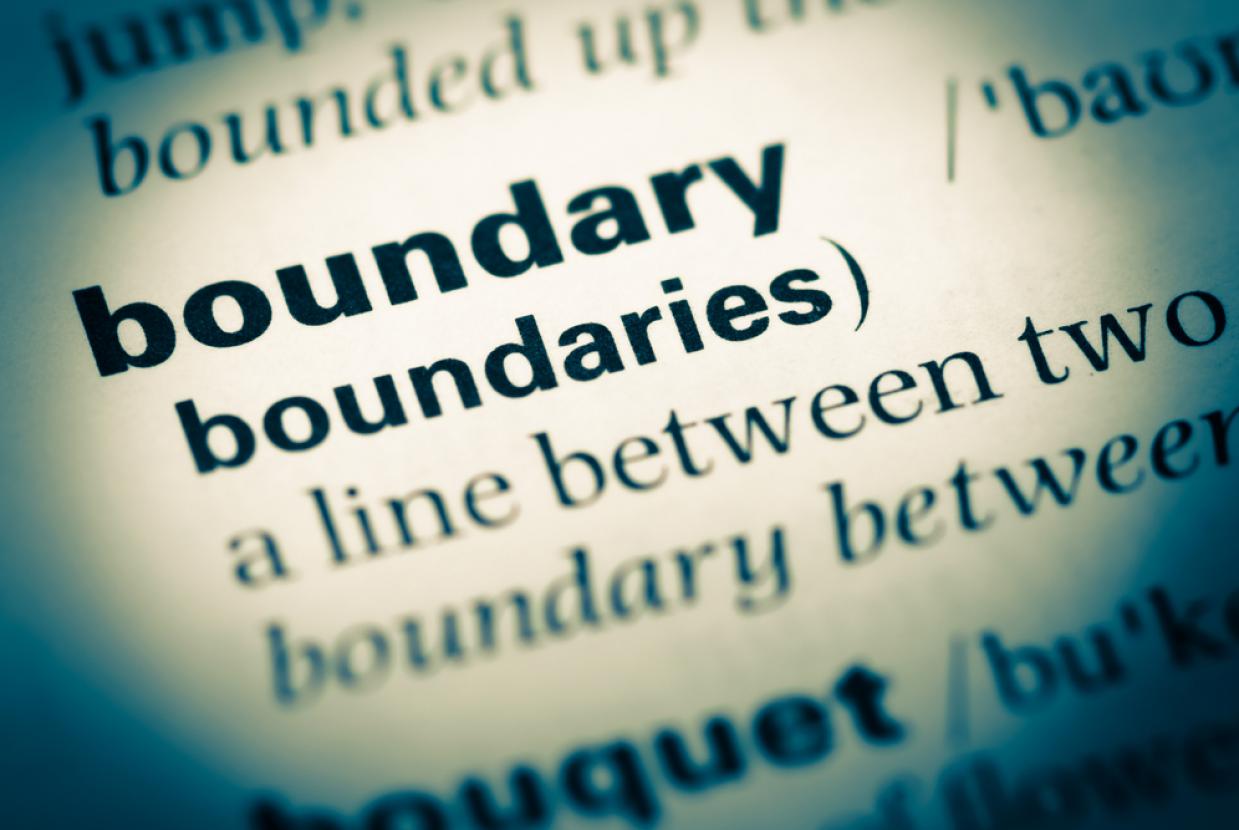Healthy & Unhealthy Relationship Behaviours
Relationships of any type are important in our lives to help us grow as people and aid our mental well-being. Here are some tips on spotting healthy/unhealthy relationships and some ‘dos and don’ts’ of mental well-being and relationships.
Signs Of Unhealthy Relationship Behaviour
Below are some examples of unhealthy relationship behaviours. However, unhealthy behaviours can appear in other ways. If you think a behaviour is unhealthy, reach out to a trusted friend or a helpline for advice.
Manipulation
- Gas-lighting’- making you think things that aren’t true or making you doubt your own judgement, memory and perceptions
- Psychological and emotional games
Controlling Behaviour
- Of the clothes you wear, how you look and or sexual rules
- Of your phone, where you go and what you do
Jealous Behaviour
- Angry when you do something social without them
- Wanting to know everything about the other relationships in your life
Signs of Healthy Relationship Behaviours
Trust
- Fidelity (Sexual exclusivity), Physical safety, financial security, emotional predictability and truthfulness are all signs of trust in a healthy relationships
Equality
- Both persons needs are important in a relationship, not just one persons. Effort and work are done by both partners not just one
- You both encourage each others goals and dreams and you both express love and affection in your own way.
Honesty
- To be honest in a relationship means, telling your partner the truth not minding the circumstances surrounding you.
- It is the ability to be open and true to yourself and to your partner. An honest partner is straightforward and transparent in words and action. Honesty builds trust in a relationship
Respect
- Showing respect in a relationship is about treating each other in a considerate and friendly manner both in private and in public
- It means you are both able to express your personalities without feeling criticised and there is enough space and acceptance in the relationship to do so.
Mental Wellbeing & Relationships
Maintaining good mental well-being and maintaining relationships are equally important and can impact on each other. Below are some tips on how to navigate a relationship when mental well-being is low.
Do
- Take time with your family/friends to catch up
- Allow yourself time to unwind – process what has been going on that day
- Share thoughts/feelings/concerns
- Go outside, on your own or with others
- Consider what you want
- Ask a family member/friend their view on your mental wellbeing
- If needed, take action e.g. GP/Counsellor/other professional
- Be patient with yourself – figuring out what works for you takes time there’s a trial and error period
- Be patient with your partner
- Mindfulness/meditation
Don’t
- Bottle things up, brush them off
- Constantly distract yourself
- Come away from help before ready
- Go to the internet for help (Dr Google)
- Rely on social media/online relationships
- Go for the quick fix (alcohol/drugs)
- Isolate yourself
- When something is working – obsess over it (e.g. exercise)


















